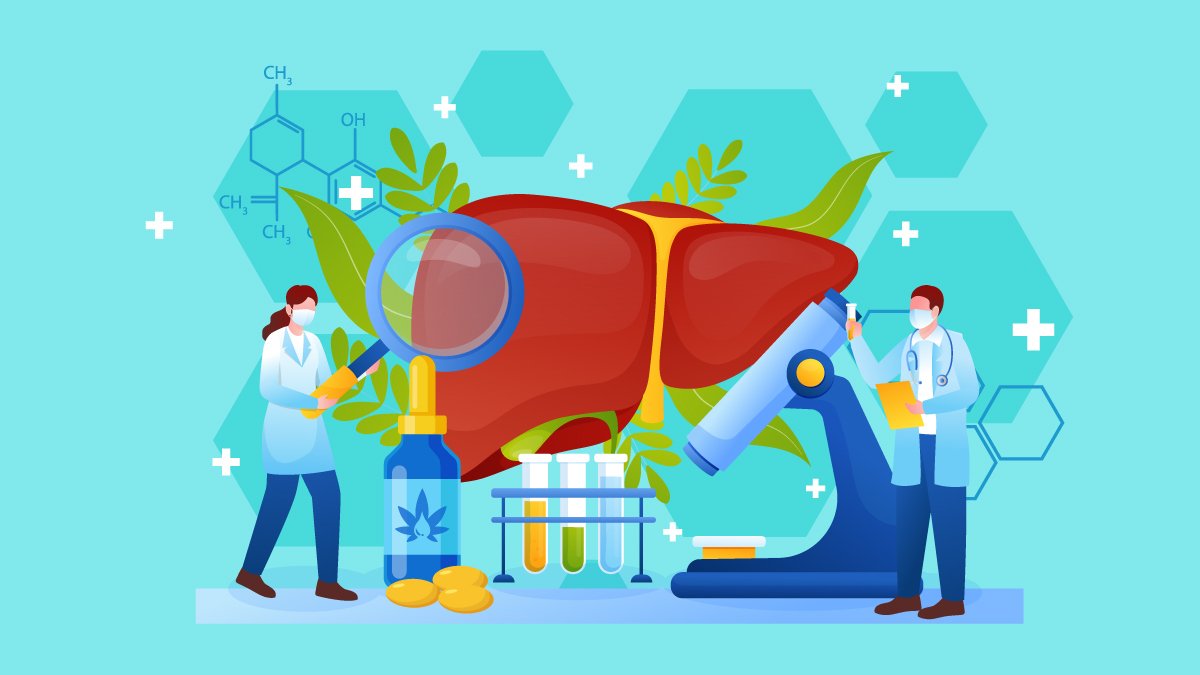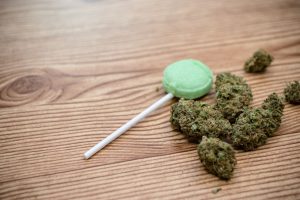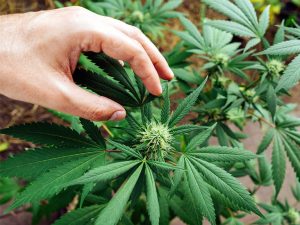
As much as CBD being praised socially, many people are concerned that it might be causing some health issues such as liver damage. CBD has several positive effects on the liver, but it is not entirely clear what effect it has on the endocannabinoid system. The endocannabinoid system is responsible for regulating many bodily processes. In the liver, the levels of endocannabinoids are moderate and correspond to healthy liver function. However, when there is inflammation in the organ, the endocannabinoid receptors become very active. This overactive activity of the endocannabinoid systems causes the development of alcoholic liver disease. Fortunately, CBD is a natural modulator of CB1 and CB2 receptors and prevents the formation of compounds that cause the receptors to go haywire.
While there are no definitive studies yet on the effects of CBD on the liver, research has shown that high doses of the chemical can affect the organs. During clinical trials, five to ten percent of the patients experienced elevated liver enzyme levels. The manufacturer of Epidiolex cautions that users monitor their livers before taking this medication. The FDA has also cracked down on companies that claim to have a health benefit by using CBD.
While CBD has no known side effects on the liver, studies on its effects on mice have shown that it can alter the liver. While there are no studies on human subjects, some drugs have altered the way CBD is processed by the liver. These changes can affect the side effects of the drug. It is best to seek the advice of a health professional before taking any medication. A doctor should always be your first source of information when it comes to the safety and efficacy of any medication.
There are risks to the liver when CBD is consumed. These side effects are dose-dependent. It is important to note that if you are taking high doses of CBD, you should have your liver tested to ensure its proper functioning. In the long run, however, you should not worry about any negative effects of the drug. You can be confident that the benefits of CBD will outweigh the side effects. So, what does CBD do to your live?
One study found that CBD can increase the liver’s size. Its anti-inflammatory properties have been credited with the hepatitis C virus. It can also inhibit oxidative stress. This means that the effects of CBD on the liver are beneficial for the liver. A healthy liver can regenerate to its original size within a few weeks. In addition, it can help your body heal from injuries, which include chronic inflammation.
Some studies found that CBD can cause liver damage. But these results were not consistent across the board. In mice, it was well tolerated by the animals, but only 5% to 20% showed toxicity. Interestingly, however, no human trials have been conducted so far. If this is the case, the effects will depend on the type of CBD you are taking. It may also be beneficial to you if you’re pregnant, have high blood pressure, or take a low dosage of CBD.
While CBD does not have any negative effects on the liver, high doses can cause liver damage. The liver is responsible for metabolizing many other substances, including marijuana. If CBD is a fatty substance, it can cause damage to the liver. Higher dosages of the substance can cause the toxicity in humans, but this does not mean that it is harmful. It has no adverse effects on the liver, which means it is a safe option for treating steatosis.
While the effects of CBD on the liver are not clear, some studies have shown that CBD does increase the risk of liver disease. In fact, low-quality CBD may harm the liver by exposing it to toxins. If you are taking prescription medications, it may affect your liver’s function. It is also a potential irritant and can interfere with the liver. If you have an existing condition, you should contact a doctor immediately.
Fortunately, there is no evidence that CBD is toxic to the liver. However, the FDA warns that marijuana can cause inflammation and damage the liver, but this is a small proportion. If you are a medical marijuana user, you should be cautious about using this product. It is not regulated and has not been proven to cause any harm to the liver. But there are some cases where it may be dangerous to the liver.




